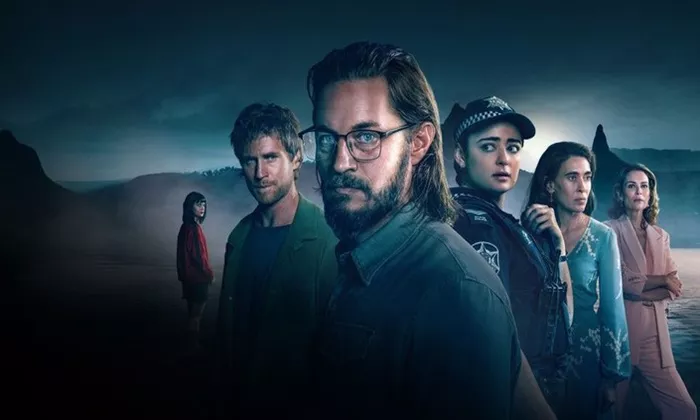A remote Siberian town is blanketed by toxic black snow, signaling a devastating environmental crisis. In the midst of this, a brave homemaker armed only with a camera takes a stand, only to find herself in the crosshairs of state authorities.
The documentary Black Snow premiered at the Athena Film Festival on March 9, offering an eye-opening look at the life of Natalia Zubkova, a homemaker from Kiselyovsk, a coal-mining town in Siberia. Directed by Russian American journalist Alina Simone, the film tracks Zubkova’s transformation from concerned citizen to persecuted journalist, as she battles the Russian government’s increasing crackdown on dissent.
Blending interviews, archival footage, and local press reports, Black Snow captures a four-year period of Zubkova’s journey. Early in the documentary, we see her work as an activist, chronicling various issues like air pollution and government inefficiency on her YouTube channel. But as Kiselyovsk’s mining practices, backed by powerful local politicians, threaten to ruin the town, Zubkova’s focus shifts to the devastating environmental toll of unchecked coal mining.
The documentary powerfully explores the dual nature of media—both a tool for liberation and a mechanism for control. While Zubkova’s citizen journalism attracts international attention and empowers her community to demand better housing, state-controlled media works tirelessly to undermine these efforts. Zubkova’s attempt to run for mayor is thwarted by a smear campaign orchestrated by the authorities, leading to public humiliation for her and her family.
Within Zubkova’s personal life, the contrasts between hope and hardship are starkly portrayed. Intimate family moments are juxtaposed with harsh visuals, including shots of toxic pollution and crumbling infrastructure, hinting at the ongoing struggles of those living in the town. Zubkova’s daughter, Anfisa, brings a touch of light to the otherwise grim narrative, yet her health, along with her sister’s, suffers due to the city’s coal contamination. Zubkova’s husband, a truck driver for a mining company, remains largely absent, offering little support to her activism.
The film also highlights the historical and ideological paradoxes of Kiselyovsk’s coal industry. Propaganda signs reading “Glory to the Coal Miners!” serve as reminders of the Soviet Union’s legacy, where unsafe mining practices exploited both the environment and the workers. The harsh, unrelenting soundscape of coal trucks and explosions further underscores the brutality of an industry that continues to prioritize profits over human lives.
A pivotal moment in the film occurs on February 15, 2019, when Kiselyovsk is blanketed in toxic black snow. This disturbing event, a result of industrial pollution, symbolizes the slow and painful death of local dissent, as the town struggles under the weight of both industrial exploitation and state censorship.
As the film unfolds, Simone—who was only able to film in Russia for three weeks on a tourist visa—captures the danger Zubkova faces. Many of the sequences were filmed remotely, and Simone worked with non-governmental organizations, including the Committee to Protect Journalists, to help Zubkova and her daughter escape to Georgia, where they would be safe from Russian authorities. The film’s raw, shaky footage heightens the tension, emphasizing the real risks of exposing inconvenient truths in an oppressive state.
In the film’s final scenes, Zubkova and Anfisa, now in Georgia, are shown organizing a refugee center to support Russians who refuse to be conscripted into the war in Ukraine. Under the warmth of the Georgian sun, far from the homeland Zubkova once fought to protect, her story lingers as a powerful reminder of the price of truth. Black Snow reveals the courage it takes to witness and expose the harsh realities of a corrupt system, even when the cost is exile and hardship.
The documentary leaves audiences with a profound reflection on the enduring struggle for justice, offering a poignant exploration of the sacrifices made by those who challenge powerful institutions—even when doing so leads to personal loss.
Related topics:
Pakistani Cinema Makes Bold Return to Horror with ‘Deemak’
“Mouseboat Massacre” Reimagines Childhood Icon in Horror Twist
“Killgrin”: A Supernatural Horror of Grief and Terror

